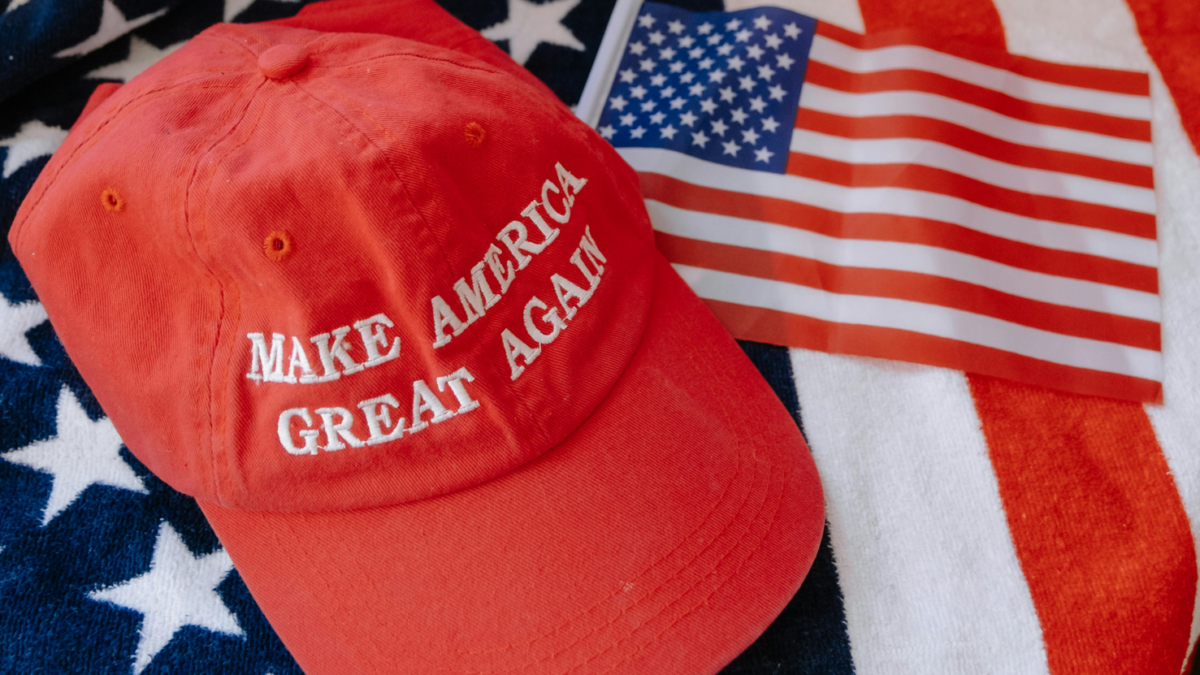Commentary’s Seth Mandel poses a question: Should GOP presidential hopeful Rand Paul embrace the “libertarian” label or not?
[I]s it easier to make that sell if Paul embraces his libertarianism or downplays it? That will be one question the 2016 nomination race seeks to answer. It’s easy to see both sides of it. It’s possible that the GOP just isn’t ready to go full libertarian at the presidential level, and therefore downplaying his libertarian label in favor of a more conservative-Republican tag might settle some nerves. Yet it’s also possible that by avoiding the term “libertarian” Paul is implicitly reinforcing the idea that libertarianism is an idea whose time has yet to arrive, thus justifying the suspicions of the establishment.
No, you never go full libertarian. Not if you want to win an election. But considering Rand Paul’s name, his ideological tendencies and his on-the-record history of taking uncomfortably libertarian positions, it’s going to be difficult for him to break free no matter what he decides to call himself. And as a practical political matter, there’s really little reason for him to try.
For starters, Republican voters aren’t exactly turned off by Paul’s politics (even if, as Kevin Williamson argues, most people may not understand what it entails). According to a FreedomWorks poll, a quarter of Republicans already self-identify as “libertarian” or “lean libertarian.” A 2013 poll from the Public Religion Research Institute found that only 7 percent of voters could be considered “consistent” libertarians, but another 15 percent could be said to sympathize with the broad tenets of the philosophy. That’s 22 percent of all Americans. And those who did identify with libertarian beliefs are more likely to vote for the GOP (43 percent) than the Democratic Party (5 percent), though half identify with neither. I suspect — and I can’t find any polling on this — that’s more than identify as “neoconservative” or whatever Rick Santorum is calling his brand of populism these days.
Establishment Republicans are a different story. And while Rand’s foreign policy outlook is a cause of deep concern for many in DC, it’s also reflective of a growing inclination among the rank-and-file conservatives to be less hawkish. This may turn out to be fleeting position of a party out of power, or maybe conservatives are prepared to take a more traditional stance on foreign involvements moving forward, but either way, in the 2016 GOP primaries, supporting interventionist policy in likely to hurt a GOP nominee as much as opposing it does.
The most prickly anti-libertarian constituency – one Paul is trying to woo — are Evangelicals, who aren’t especially keen on seeing heroin-shooting atheists running wild in the streets. The idea that libertarians believe expanding personal choice means celebrating or condoning stupid behavior is a myth that Rand has been trying to push back on. “I’m not advocating everyone go out and run around with no clothes on and smoke pot. I’m not a libertarian. I’m a libertarian Republican. I’m a constitutional conservative,” he said (because, you see, the average libertarian advocates for mass nudity.) He’ll have to come up with a more compelling line to convince them that he’s not a proponent of libertinism. Certainly his personal beliefs will help. And social conservatives, who should be increasingly skeptical of state power as voters turn on issues of religious freedom, may find libertarian ideas worthwhile out of necessity. But with all the schisms within the GOP it seems unlikely that the word “libertarian” will be detrimental enough to end pro-life Rand’s candidacy.
In its Randian incarnation — a highly watered-down version — libertarianism syncs up quite well with growing sentiments of many grassroots conservatives on an array of fronts. It’s a comfortable anti-establishment position that offers a measure of ideological consistency often missing in politics. But it’s worth remembering that libertarianism isn’t inherently offensive to secular and independent voters, either. When government fails, people grow cynical about the state, and libertarian instincts kick in. For the average voter, “libertarian” is just shorthand for a position that falls somewhere within a vast ill-defined – but purportedly growing – outlook that is vaguely opposed to Big Government. As you’ve probably noticed, most people are libertarian-ish on some issues some of the time. The concept is no longer as alien or exotic as it once was.
Mandel gets it mostly right when he argues that Paul’s best case scenarios is to compete for the traditional “constitutional conservative” label, rather than differentiate himself from it. But it also seems to me that there is little difference between the purported aims of a “constitutional conservative” and a small-l libertarian these days. He can be both. Now, it’s far too early to tell if Rand has a shot at the GOP nomination, but it’s difficult to see how identifying as a “libertarian” — which is a reasonable way to characterize his politics — would sink him.
Follow David Harsanyi on Twitter.







